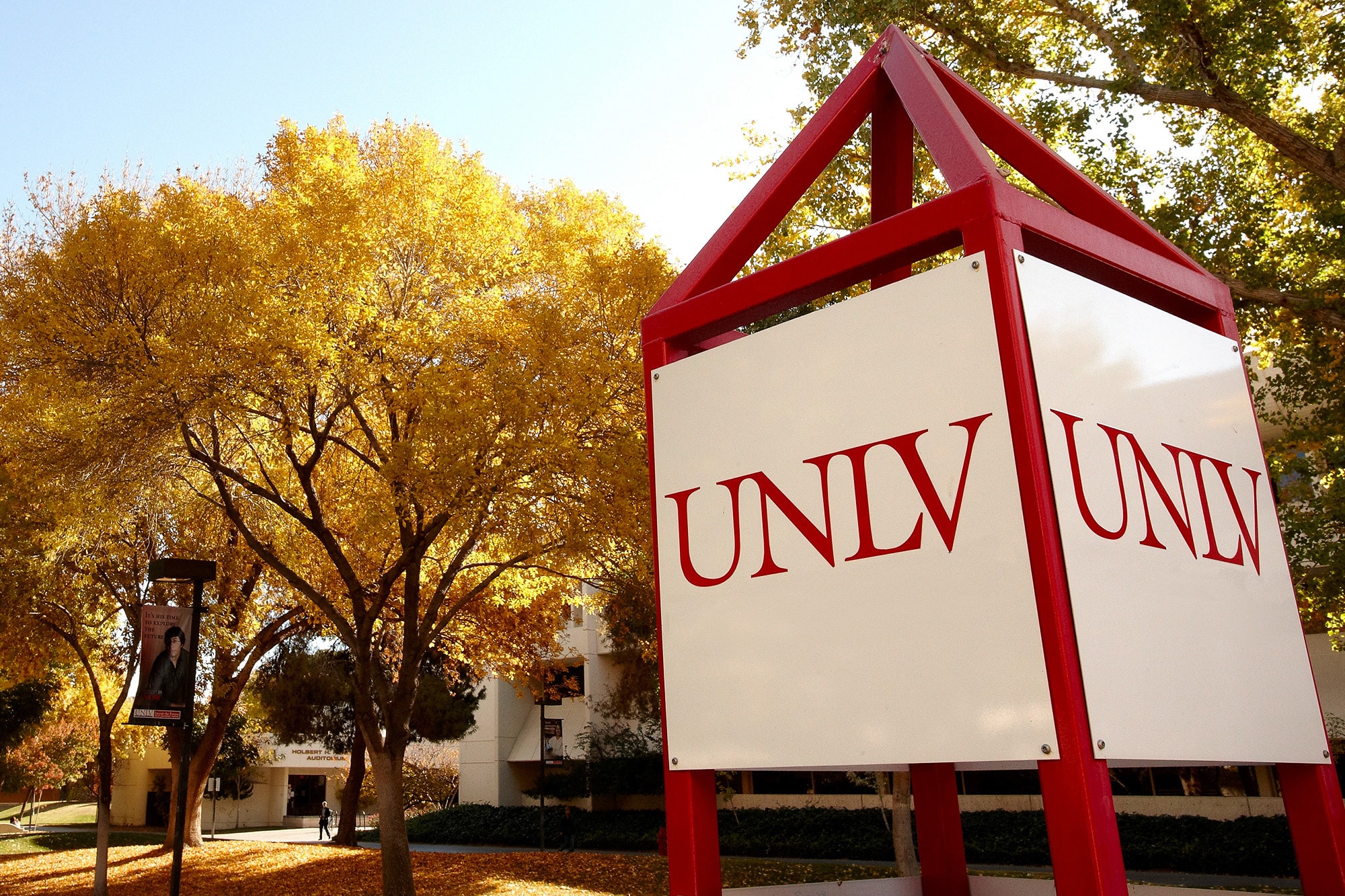UNLV researchers are addressing critical homeland security issues this summer as part of a unique research program sponsored by the Institute for Security Studies (ISS) and Division of Educational Outreach.
The ISS Summer Research Award Program provides an opportunity for UNLV faculty to study security-related topics requested by local and federal government agencies. Representatives from the Department of Homeland Security, Department of Defense and Las Vegas Metropolitan Police Department collaborated with the ISS to determine a list of specific research areas deemed critical to advancing our understanding of homeland security.
"This program is an attempt to expand the research connections between UNLV and the local and federal government," said Scott Smith, executive director of the ISS. "By using the scholarly resources of UNLV to shed light on the concerns of these agencies, we're proactively forming partnerships that will ultimately benefit the security of our community and our nation."
Through a call for proposals, three UNLV faculty members were funded a total of $60,000 to conduct research from June through August, with the results to be presented to the requesting agencies in the fall.
Health physics associate professor Phillip Patton is examining the risk to humans associated with high-energy X-ray equipment proposed to detect weapons of mass destruction at U.S. entry ports. By developing a unique computer X-ray modeling program, Patton will determine what radiological risks exist to those accidentally exposed as well as the optimal X-ray spectrum necessary for imaging incoming containers.
Assistant professor of physics Michael Pravica is exploring the fundamental question of how radiation affects the decomposition of explosives. By analyzing the decomposition rate of a single crystal of secondary explosive in the presence of a synchrotron beam, Pravica is hoping to understand how energy and crystalline orientation contribute to the crystal's destruction. Learning about why explosives detonate, decompose and deflagrate is an essential step in understanding how to safely detect and neutralize explosives.
School of informatics assistant professor Ju-Yeon Jo is conducting a national survey of civilian-owned companies that offer services in digital forensics. Jo will assess the current state of the digital forensics workforce--how it is trained, what tools are available, and how various labs throughout the country collaborate with government agencies. Jo will also examine the current impact of the outsourcing trend in digital forensics and how the shortage of investigators can be overcome.
The ISS plans to continue and expand the Summer Research Award Program each year as part of its mission to combine the research capabilities of UNLV with outside agencies to address contemporary security concerns. Results from the three projects may serve topics for future ISS Security Forums.



